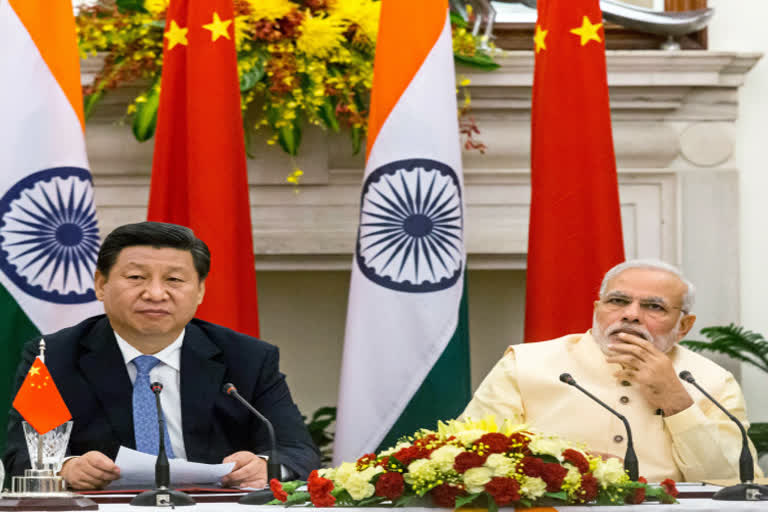Hyderabad:The India-China relationship has taken a new and dangerous turn within a fortnight of the 15 June border-dispute incident at the Galwan Valley along the Line of Actual Control (LAC). As expected, the political event has led to trade stand-offs, with India launching a multi-pronged business war against China.
On Wednesday, Union minister for road transport, highways and MSME, Nitin Gadkari, announced that Chinese companies will no longer be allowed to participate in Indian highway projects, including through the joint venture route.
“China will not be allowed to invest in India’s micro, small and medium enterprises sector; and imports from China will be discouraged,” he added.
On the same day, state-run telecom operator BSNL cancelled its 4G upgradation tender as the company had originally proposed Chinese equipment firm ZTE and Finnish communication giant Nokia as vendors. The move came after the telecom department decided earlier this month to exclude all Chinese equipment firms from participating in the tenders of state-run telecom firms.
And of course, earlier this week, in an unprecedented move, the government of India banned 59 Chinese apps, including the immensely popular video-sharing app TikTok, stating security and privacy concerns.
Harsh V. Pant, head of strategic studies programme at the Observer Research Foundation (ORF) in New Delhi, said: “These measures have been taken to show Indian displeasure at Chinese behaviour and to underscore the fact that India is willing bear certain costs in tackling China.”
But will China take note of the Indian policy response and factor it in while escalating any kind of geopolitical dispute with its Asian neighbour in the future? Pant doesn’t seem to think so. “I don’t think these measures will change China’s calculus, but they have (Indian government) certainly made it clear to China that India is not afraid of escalation if its demands are not met.”
